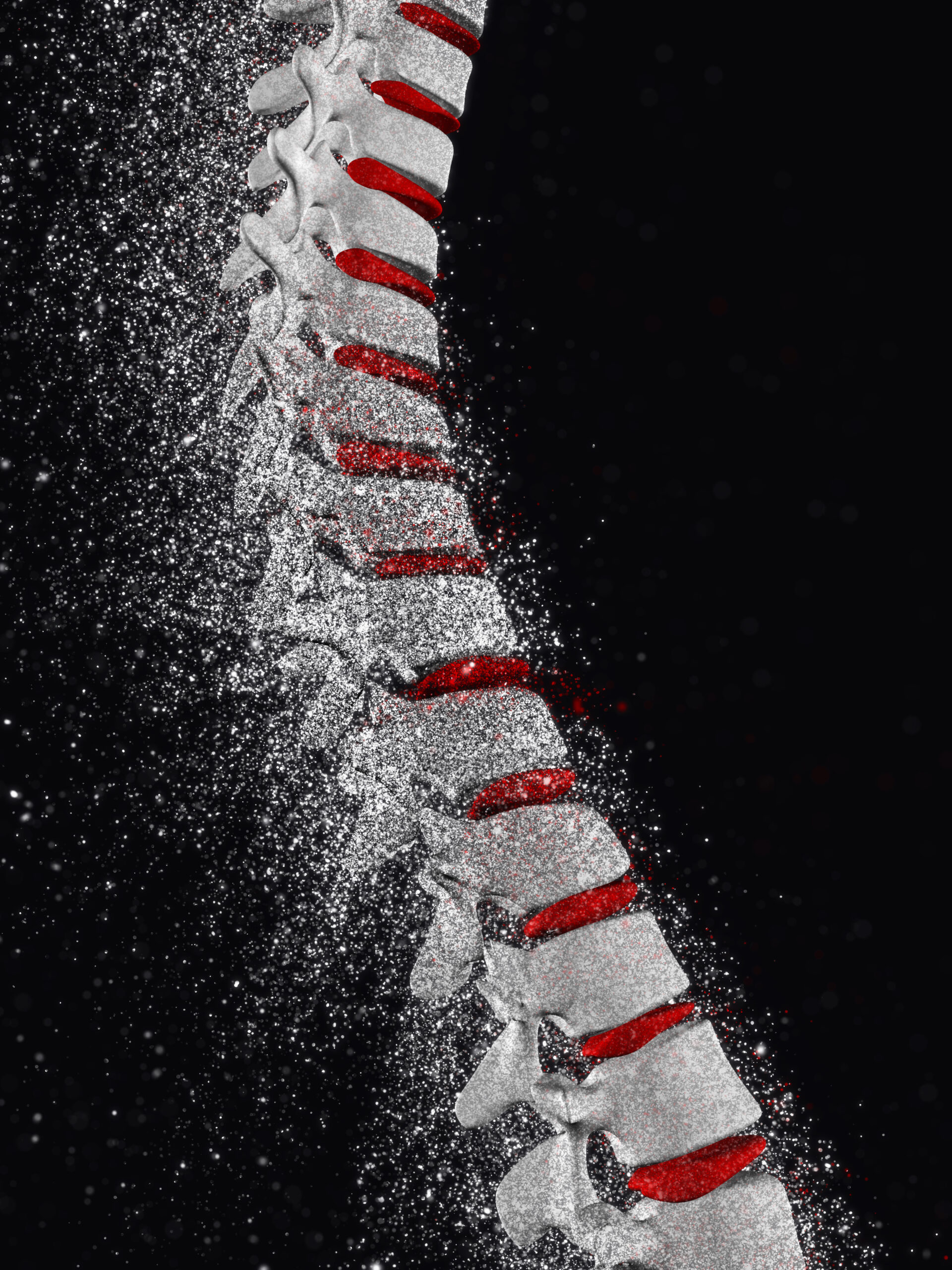Understanding Bone Degeneration in Adults and Osteopenia

As we age, the health of our bones becomes increasingly important. Unfortunately, many adults experience bone degeneration, which can lead to conditions like osteopenia. In this article, we will explore the causes, symptoms, and prevention strategies for these conditions, helping you to take proactive steps towards maintaining strong and healthy bones.
Section 1: What is Bone Degeneration?
Bone degeneration refers to the gradual loss of bone density and strength over time. It is a natural part of the aging process but can be exacerbated by certain factors such as hormonal changes, sedentary lifestyles, inadequate nutrition, and certain medical conditions. If left untreated, bone degeneration can progress to osteopenia, a precursor to osteoporosis.
Section 2: Understanding Osteopenia:
Osteopenia is a condition characterized by decreased bone density, making the bones weaker and more susceptible to fractures. Although not as severe as osteoporosis, it serves as a warning sign that steps need to be taken to prevent further bone loss. Osteopenia often does not present noticeable symptoms until a bone fracture occurs.
Section 3: Symptoms and Risk Factors:
Common symptoms of bone degeneration and osteopenia include bone pain, increased susceptibility to fractures, and a decrease in height over time. Several risk factors contribute to the development of these conditions, including age, gender (women are more prone), family history, smoking, excessive alcohol consumption, lack of exercise, poor nutrition, and certain medical conditions (such as rheumatoid arthritis and hyperthyroidism).
Section 4: Prevention and Management:
Fortunately, there are several effective strategies to prevent and manage bone degeneration and osteopenia. These include:
1. Consuming a balanced diet rich in calcium, vitamin D, and other bone-supporting nutrients.
2. Engaging in weight-bearing exercises, resistance training, and regular physical activity to strengthen bones and improve overall bone density.
3. Avoiding smoking and limiting alcohol consumption, as both can negatively impact bone health.
4. Taking supplements prescribed by healthcare professionals to ensure adequate intake of essential vitamins and minerals.
5. Regularly getting tested for bone density and seeking medical advice for appropriate treatments if necessary.
Conclusion:
Bone degeneration and osteopenia are significant concerns for adults, but with the right knowledge and proactive measures, we can maintain strong and healthy bones. By adopting a well-balanced lifestyle with proper nutrition, regular exercise, and medical guidance, we can reduce the risk of bone fractures and enjoy a better quality of life.
Remember, it’s never too early or too late to start taking care of your bones. Prioritize your bone health now and reap the rewards in the years to come.
(Note: This article provides a brief overview of the subject and does not substitute medical advice. If you suspect you may have Bone Degeneration or Osteopenia or require more information, consult with a healthcare professional.)



